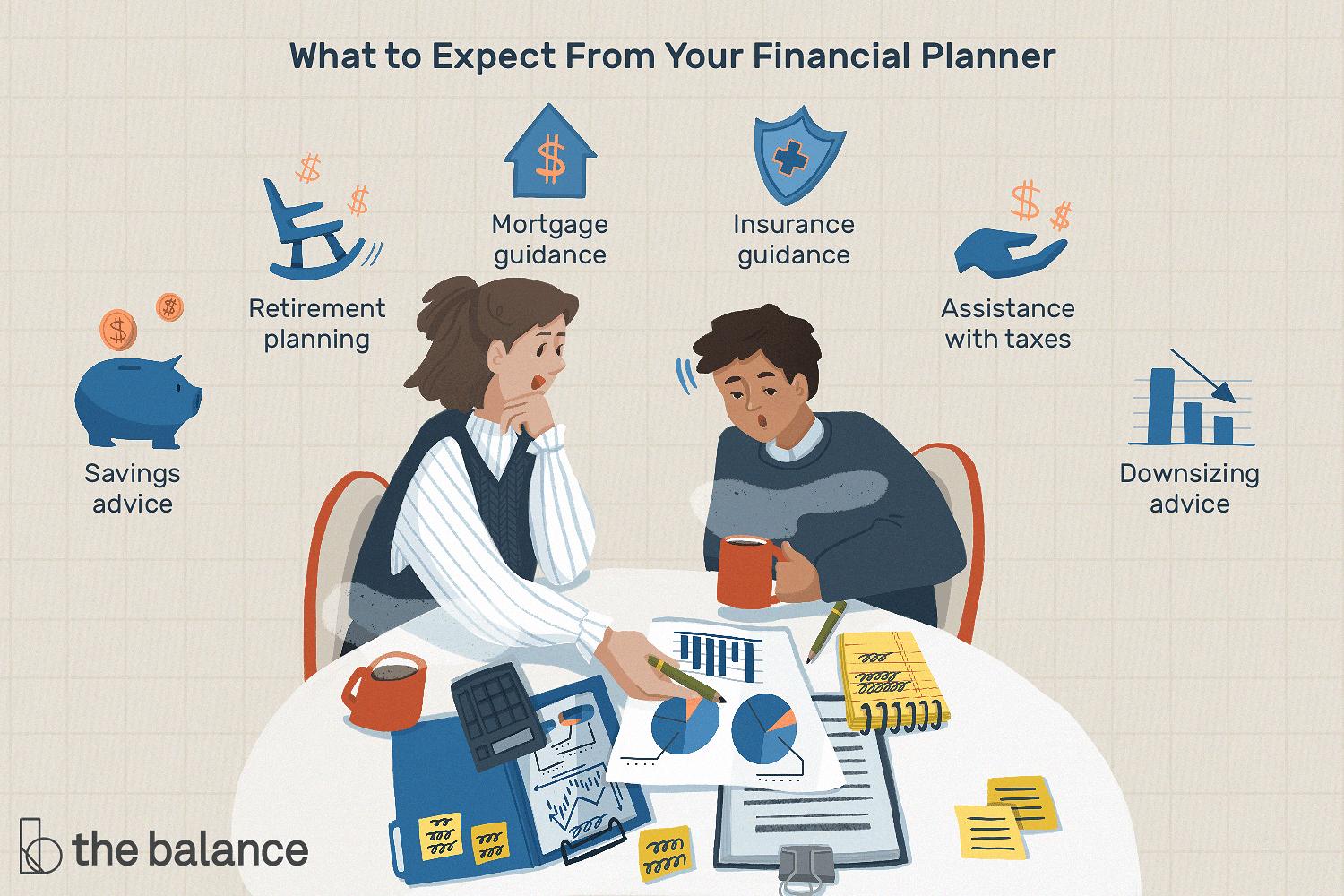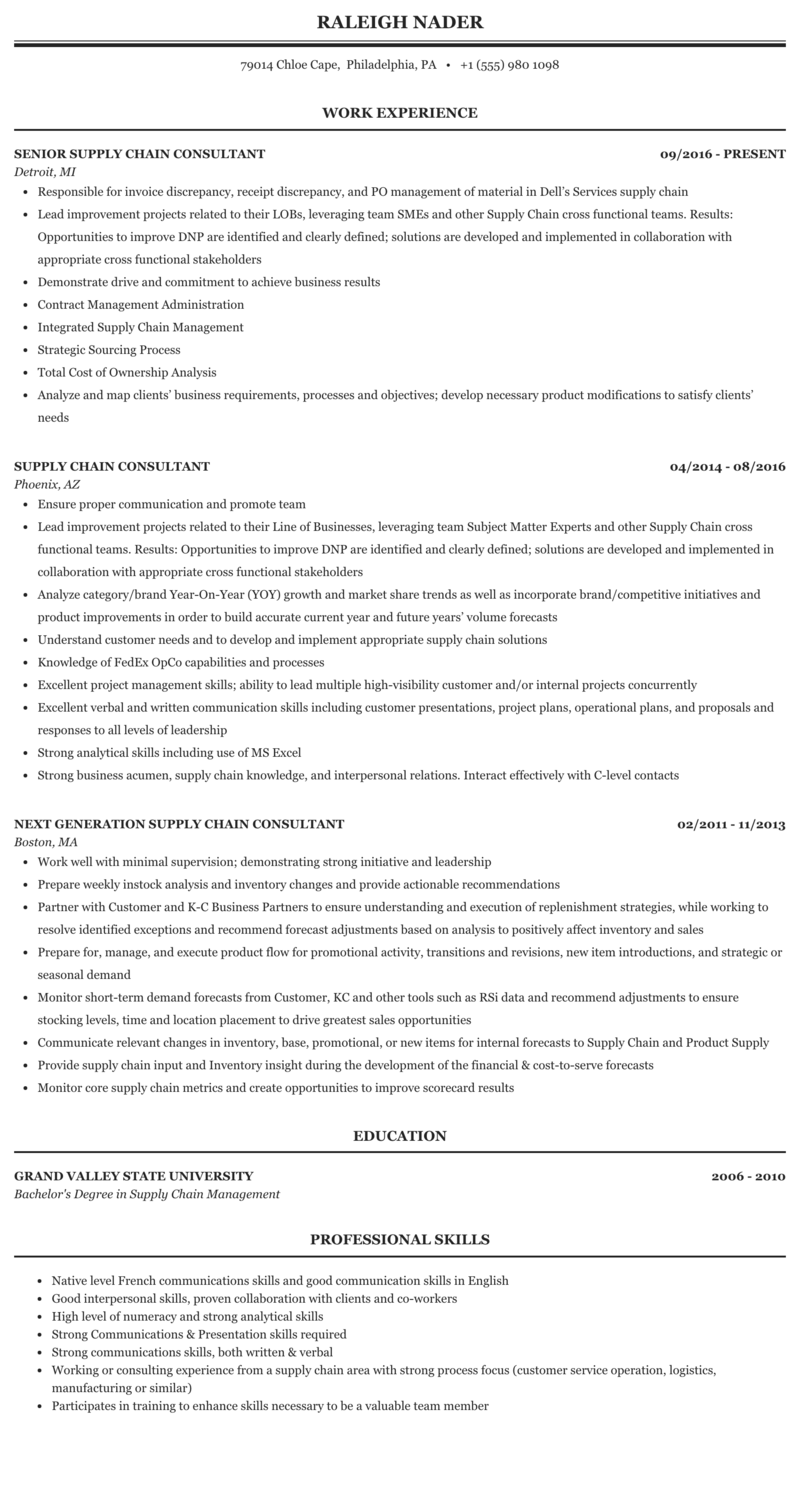
To develop a customized retirement plan, a retirement advisor will review the client's financial information, including their annual income and any debts. This plan is the guideline for client's retirement planning. The advisor can make recommendations regarding a variety retirement planning products. When working with an advisor, the client should expect to pay a fee for this service.
Qualifications of a retirement adviser
Among the qualifications of a retirement advisor is the ability to manage retirement funds effectively. Therefore, it is crucial to be knowledgeable in the fields taxation, planning, and economics. These credentials can improve your credibility and help clients.
For those who are interested in becoming a retirement advisor, a bachelor's degree will be required. Ideal degrees in finance, business or any related field are required. But experience is still the best teacher. Advisors often learn by doing real-world work. Generally, new advisors undergo on-the-job training, which can last up to a year. This training helps them understand their roles and to build a list of clients. Additionally, they will need to complete certification programs which require additional work experience and schooling.

Cost of a retirement planner
Although the price of a retirement advisor will vary from one person to another, there are some things you should consider when selecting a professional. The fee for a retirement advisor can range from $700 to $3500. However, fees are not always linked to the investment value. Before signing any documents, it is important you get the fee in writing. In addition, be sure to ask about whether follow-up meetings are included.
Some advisors are fee-only and don't charge for assets managed. Others charge a flat fee or a monthly fee. The initial fee for fee-only advisors can be as much as $1,000. The initial fee will be higher because of the work involved, but subsequent meetings should be cheap.
Conflicts of interest working with a retirement adviser
It is not easy to work with a retirement adviser. Financial advisors should act in your best interest. However, conflicts of interest can happen when they receive back-door payments or hidden fees. They could direct you to low-return, high-cost investments that offer hidden fees that favor Wall Street firms. Clients lose an average of 1 percentage point each year in their investments.
Relationships with professionals, organizations, and centers of influence can lead to conflicts of interest. Advisors are required to disclose business affiliations and describe how they manage conflicts. However, the guidelines don't prohibit conflicts of interest. Any financial relationships that a retirement advisor has with other people should be disclosed.

Time to engage a retirement planner
A financial advisor may be right for you if you're just starting out in your career, or planning for retirement. A financial advisor can help you plan your retirement benefits and avoid financial hardship later in life. To provide sound advice, the advisor must have the right experience and expertise. Advisors can also assist you in choosing the right insurance policies or strategies to reduce your tax liability.
Interviewing multiple advisors will help you to choose the right one. One who has worked with clients of color or LGBTQ may be the best choice. Ask about their fees, including whether they charge an hourly, retainer or percentage. You should have a written agreement in place with your financial advisor before you hire them.
FAQ
What is a consultant anyway?
Consultants are people who provide services to others. It's more than just a job title. This role allows you to help others achieve their dreams. This involves helping them to understand their choices and making the right choices.
Consultants are experts in finding solutions to the problems and challenges that arise while working on projects. Consultants can also offer advice and guidance regarding how to implement these solutions.
Consulting should be able answer any questions related to technology, finance, law and management.
What are the benefits to being a consultant?
Consultants often have the option to choose when and what they do.
This allows you the freedom to work wherever you like, whenever you want.
This allows you to easily change your mind and not worry about losing your money.
Finally, you are able to manage your income and make your own schedule.
Who hires consultants
Many businesses hire consultants to assist them with their projects. These consultants can be found in small and large businesses as well as government agencies, universities, educational institutions, non-profits, and education institutions.
These consultants may work directly for the organization, or freelance. The hiring process for both cases varies depending upon the project's size and complexity.
When hiring consultants, you will probably go through several rounds of interviews before choosing the person you think would be best suited for the position.
Statistics
- On average, your program increases the sales team's performance by 33%. (consultingsuccess.com)
- WHY choose me: Why your ideal client should choose you (ex: 10 years of experience and 6-week program has helped over 20 clients boost their sales by an average of 33% in 6 months). (consultingsuccess.com)
- According to statistics from the ONS, the UK has around 300,000 consultants, of which around 63,000 professionals work as management consultants. (consultancy.uk)
- So, if you help your clients increase their sales by 33%, then use a word like “revolution” instead of “increase.” (consultingsuccess.com)
- Over 50% of consultants get their first consulting client through a referral from their network. (consultingsuccess.com)
External Links
How To
How To Find The Best Consultant?
The first thing to do when looking for a new consultant is to ask yourself what you want from him/her. Before you begin searching for a consultant to help you, you should be clear on your expectations. Make a list of everything you think you might need from a consultant. These could include professional expertise, technical skills and project management abilities, communication skills, availability, and other things. You might also want to talk with colleagues or friends about their recommendations. Ask them about their experiences with consultants and compare their recommendations to yours. You can also do some online research if you don't know of any. Many websites allow people to post reviews about their work experience, including Angie's List and Indeed. Consider the ratings and comments of other candidates and use these data to start your search for potential candidates. Once you have narrowed down your list, reach out to potential candidates and set up an interview. In the interview, discuss your needs and ask them for their suggestions on how you can achieve them. It doesn't really matter if they were recommended; as long as they understand your business objectives, they will be able to show how they could help you achieve them.